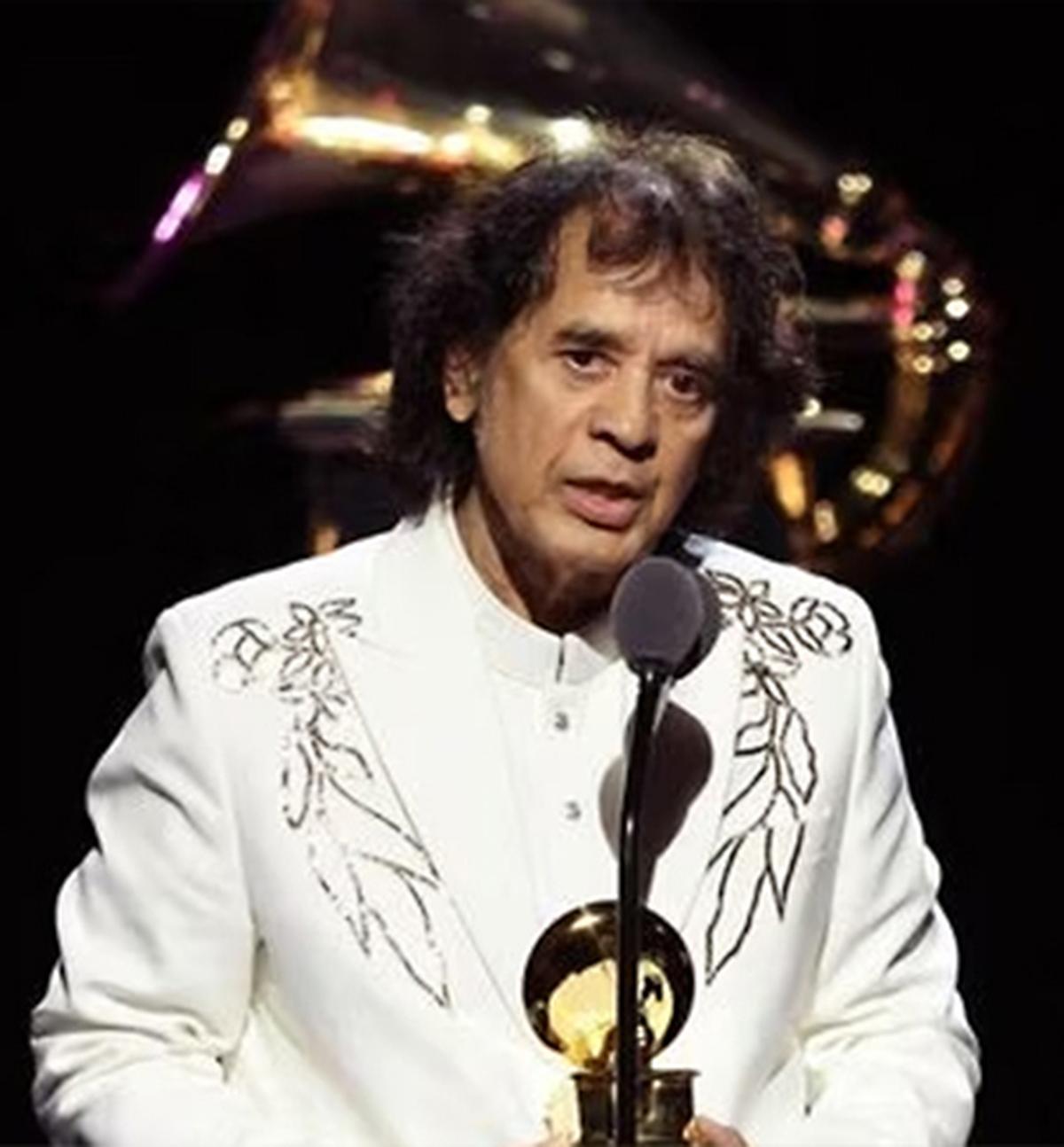 |
|
The statement, 'Zakir Hussain paved the way to connect all genres of music,' attributed to Mandolin Rajesh, encapsulates the profound and lasting impact of the legendary tabla maestro on the world of music. Zakir Hussain's contributions extend far beyond his virtuosic tabla playing; his influence lies in his fearless and innovative approach to musical collaborations, breaking down barriers between seemingly disparate genres and fostering a spirit of cross-cultural exchange. This essay will delve into the specifics of how Hussain achieved this, analyzing his collaborations, his teaching methodology, and the wider ripple effect his work has had on the global music landscape. His work transcended mere performance; it was a statement about the unifying power of music, a message of harmony and understanding communicated through rhythm and melody.
Hussain's collaborations are a testament to his open-mindedness and his belief in the inherent interconnectedness of all musical traditions. He effortlessly blended the intricate rhythms of Hindustani classical music with jazz, flamenco, world music, and even rock. His collaborations with musicians like John McLaughlin, Mickey Hart, and others showcase his ability to find common ground and create something new and exciting. These weren't merely superficial pairings; rather, they were deeply creative partnerships that resulted in innovative compositions and performances that resonated with audiences worldwide. He demonstrated that rhythmic language, while often expressed differently, shared fundamental principles across cultures. His collaborations weren't about simply adding elements together but about a genuine dialogue, a mutual exploration of rhythmic possibilities and musical expression. The resulting works highlight not only his technical mastery but his profound understanding of musical interaction and collaboration.
Beyond his collaborations, Hussain's impact extends to his role as a teacher and mentor. His workshops and masterclasses have nurtured generations of musicians, encouraging them to embrace experimentation and cross-cultural dialogue. He didn't just teach technique; he instilled a philosophy of musical exploration and a deep appreciation for the richness and diversity of musical traditions around the globe. His students, in turn, have become ambassadors of this inclusive approach, taking his lessons and his spirit of collaboration to their own musical endeavors. This creates a lasting legacy that extends beyond his own performances, forming a network of musicians committed to breaking down barriers and celebrating the shared language of music. His teaching transcended mere instruction; it was an act of cultural exchange and a testament to his vision of a world united through music.
The broader implications of Zakir Hussain's work are significant. He proved that musical boundaries are artificial constructs that can and should be challenged. His openness to collaboration not only enriched his own music but also broadened the horizons of countless other musicians and audiences. His work serves as a powerful counterpoint to the forces of cultural isolation and xenophobia, demonstrating the unifying power of art and the shared human experience. He fostered a sense of community among musicians from diverse backgrounds, a community built on mutual respect, artistic exploration, and a shared passion for music. His legacy is not just a collection of recordings and performances; it is a movement towards greater musical understanding and unity.
In conclusion, Mandolin Rajesh's statement perfectly encapsulates Zakir Hussain's enduring legacy. His impact on the world of music goes far beyond his technical brilliance; it's about the bridges he built between different cultures and genres, the collaborations he fostered, and the generations of musicians he inspired. His work continues to resonate today, serving as a reminder of the power of music to transcend boundaries and unite people from all walks of life. He didn't just play music; he built bridges, fostered dialogue, and created a legacy of collaborative spirit and cross-cultural understanding that will continue to inspire musicians and audiences for generations to come. His contributions represent a significant cultural achievement and a powerful statement about the unifying potential of music in a world that often feels deeply divided.
Source: Watch: ‘Zakir Hussain paved the way to connect all genres of music’: Mandolin Rajesh
